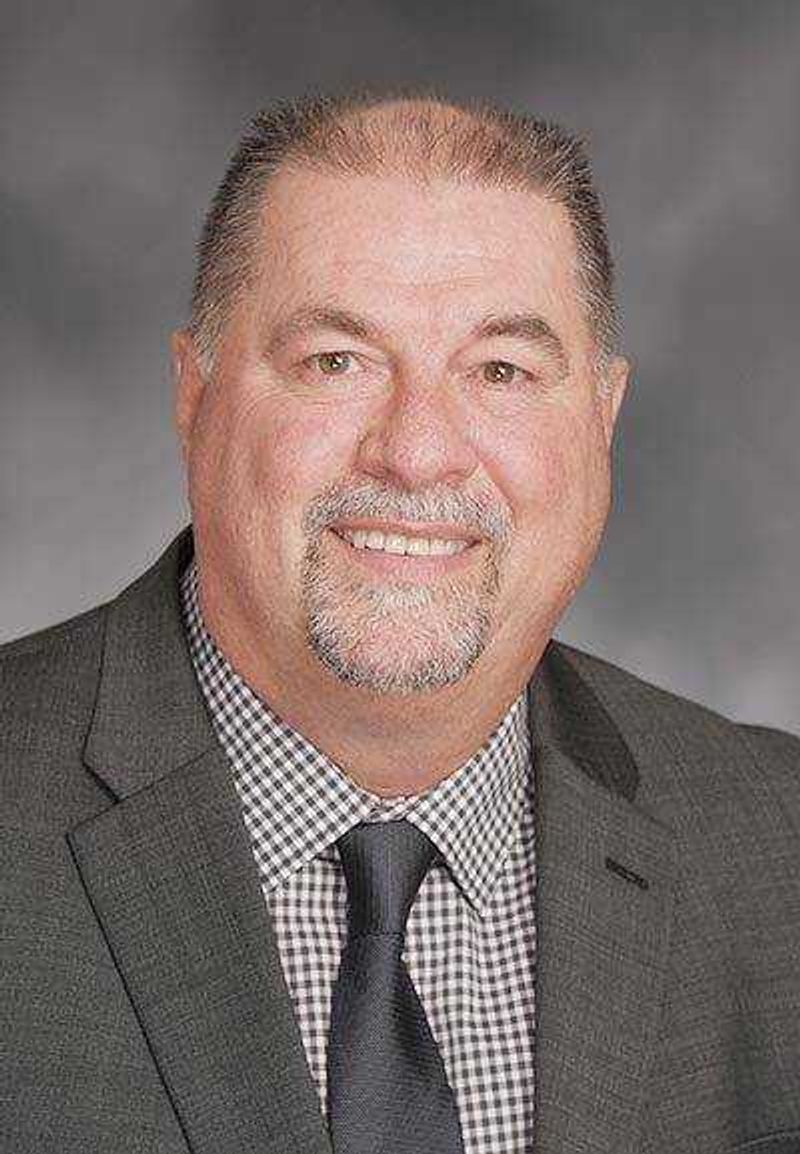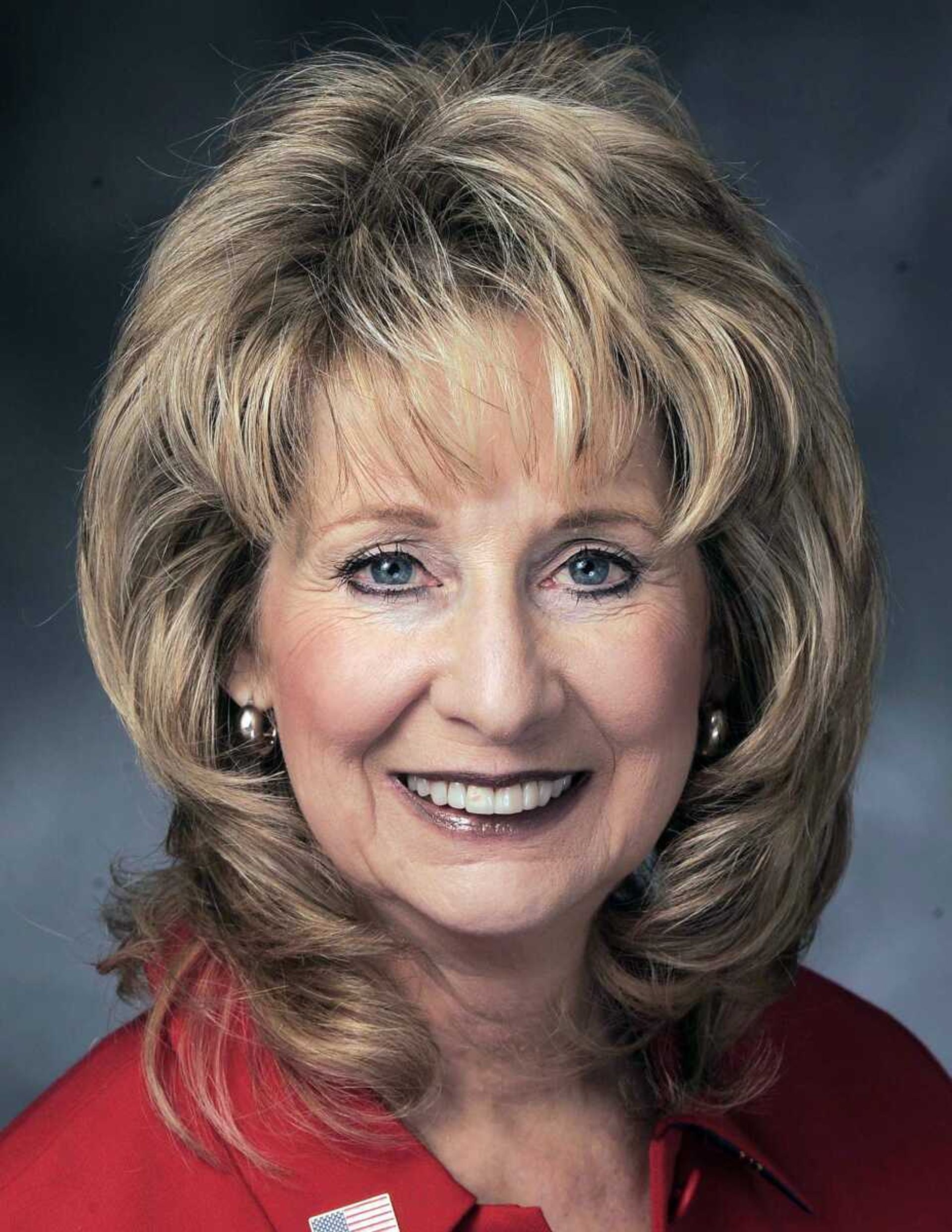Area lawmakers: State must cut spending to balance budget
Missouri state government must cut spending to balance the budget, area lawmakers say. The state is on pace to spend $456 million more than it receives in the fiscal year that begins July 1, according to a report issued last week. More immediately, slower-than-anticipated revenue growth is projected to leave the state about $40 million in the red at the end of the current fiscal year June 30...
Missouri state government must cut spending to balance the budget, area lawmakers say.
The state is on pace to spend $456 million more than it receives in the fiscal year that begins July 1, according to a report issued last week.
More immediately, slower-than-anticipated revenue growth is projected to leave the state about $40 million in the red at the end of the current fiscal year June 30.
Area Republican lawmakers said the Legislature needs to rein in Medicaid spending and tackle tax credits as part of the budget process to draw up Missouri's $27 billion spending plan.
The lawmakers -- state Reps. Kathy Swan, Donna Lichtenegger, Holly Rehder and Rick Francis and state Sen. Wayne Wallingford -- said they believe state revenue will pick up in the future as the economy improves.

But that could take time, they acknowledged.
Wallingford, of Cape Girardeau, said the economy of the state and Southeast Missouri still are in a recession. Wallingford estimated that could continue for another year or two.
"Missouri still has a lot of people who are unemployed or underemployed," he said.
"There are only a couple things we can do -- increase revenue or reduce spending," he said.
Francis, of Perryville, said weak revenue growth partly reflects the "wait-and-see attitude" of small-business owners and consumers who are uncertain about the economic future.

All five lawmakers said burdensome government regulations have hurt the economy and restricted state revenue.
Republican efforts to cut government red tape at the state and national level won't pay immediate dividends, they said.
Swan, of Cape Girardeau, said state revenue has been growing at less than 1 percent, far less than the 3.9 percent growth state officials had anticipated.
Swan and Lichtenegger, of Jackson, serve on the House budget committee. Both said lawmakers will have to cut spending.
Lichtenegger said, "We will have to make tough cuts in education."

Swan and Lichtenegger said the Legislature needs to look at the number and amount of tax credits issued by the state.
Swan, for the third year in a row, introduced legislation that specifies all new and existing tax credits must be approved by lawmakers as part of the budget process.
State tax credits total about $500 million a year on average, Swan said, adding the Legislature has no control over the credits.
"It is not a good situation to be in," she added.
Lichtenegger said tax credits have been an issue for years.

"I have opposed a number of them," she said.
Rehder, of Sikeston, said budget woes are the result of less revenue and rising costs for social services, particularly Medicaid.
She said lawmakers need to do more to reform Medicaid and help able-bodied Missourians obtain full employment. Doing so would reduce the number of people on Medicaid and lessen state spending, Rehder said.
Swan said more than 900,000 people in Missouri are enrolled in the Medicaid program, which is funded by the state and federal governments.
State lawmakers have adopted some Medicaid reforms, but more are needed, she and the other local legislators said.
Some lawmakers have suggested Medicaid recipients be provided with a preloaded spending card. Any balance remaining on the card at the end of a fiscal year would be divided between the state and the recipient under such a plan.
Swan said that could discourage Medicaid recipients from going to the emergency room and incurring costly medical services that are more affordable at doctors' offices.
Swan said spending on social services comprises 33 percent of the state budget.
Francis said the current growth in spending on Medicaid is not sustainable.
Wallingford said while he favors reduced Medicaid spending, the state should provide "a safety net" for those who need it.
mbliss@semissourian.com
(573) 388-3641
Connect with the Southeast Missourian Newsroom:
For corrections to this story or other insights for the editor, click here. To submit a letter to the editor, click here. To learn about the Southeast Missourian’s AI Policy, click here.










